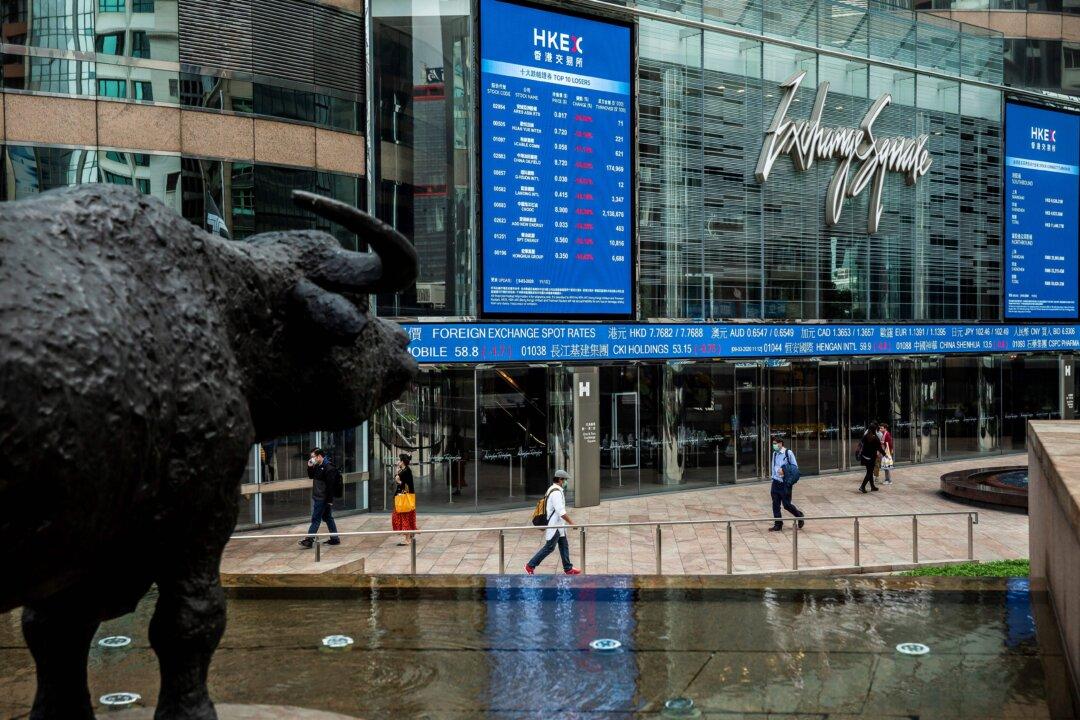News Analysis
A plan seems to be emerging in China to allow foreign capital to keep flowing into the country while granting Beijing increased control over its companies’ stock issuances.

A plan seems to be emerging in China to allow foreign capital to keep flowing into the country while granting Beijing increased control over its companies’ stock issuances.